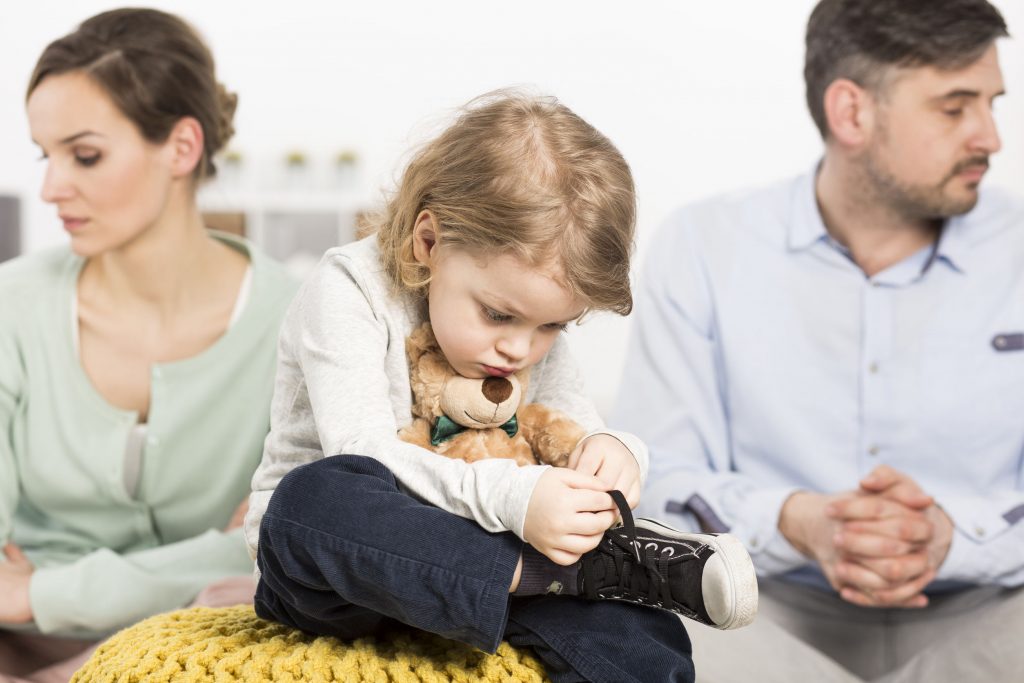Parenting Coordinator
What is a Parenting Coordinator?
Parenting Coordinator services began gaining recognition in the 1990s and continue to be a well-provided tool. The gains from such could be tremendous depending on the willing participation of the partners. As a Parent Coordinator, I focus on keeping things calm. Allowing everyone to share their feelings and beliefs. Also to resolve the issues in order to avoid a lengthy court battle. Why Subject the children to meet with Law Guardians, and Judges. And still possibly have to go through a trial or therapy. Most importantly, if we are successful, the children do not have to pick sides.

Whether parents agree on a course of action for their children or not, many need help sorting things out for the sake of their kids.

Why Use a Parenting Coordination?
The course of the divorce process is commonly one of conflict. In addition to heightened anger, anxiety, and diminished communication,
there is also sadness or depression for one or both of the partners. The children can also be affected as well with sadness or depression.
Although the majority of parents significantly diminish their anger and conflict within a couple of years, many do not. They continue to
engage in conflict in the years following the divorce.
Generally, these groups of parents are not able to settle their child-related disputes. Neither in custody mediation, through lawyer-assisted
negotiations, or on their own. Instead, they turn to litigation and utilize disproportionate resources. Some may even develop (or have)
psychological problems, which may interfere with their parenting. In addition to possibly exposing their children to intense conflict
and/or domestic violence.
Parenting Coordination is a non-adversarial dispute resolution process. It is either court-ordered or agreed upon by the parties involved.
Parties who have an ongoing pattern of high conflict, and/or litigation about their children.
Divorce is hard enough on the children. Don’t destroy them in the process of fighting for what you believe in. Let me help you come to a happy median.

Need advice?
I’m happy to answer any questions or concerns you may have.
